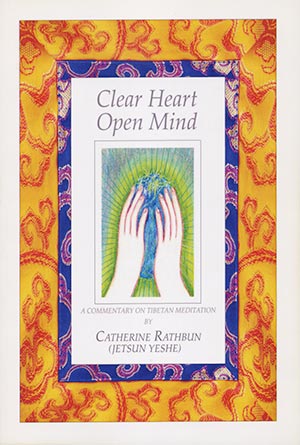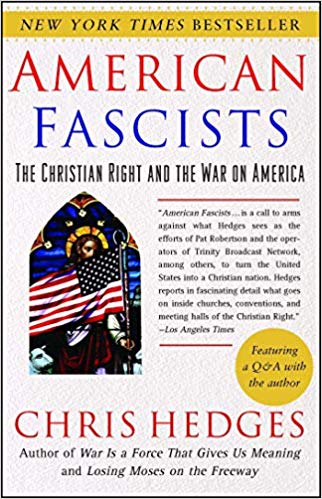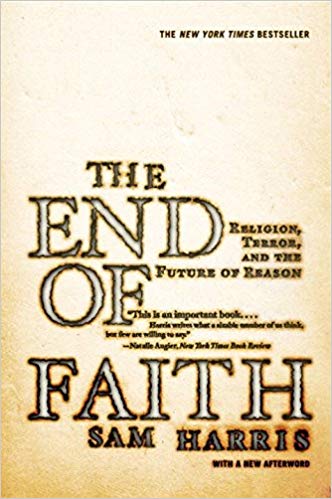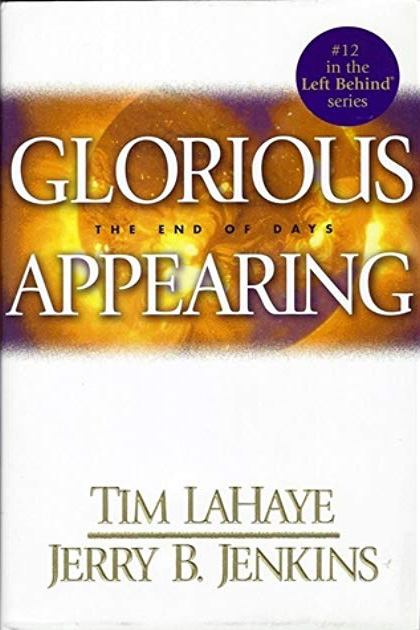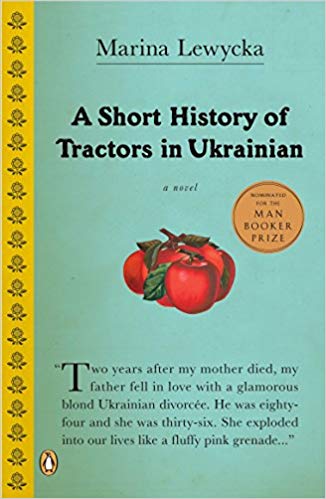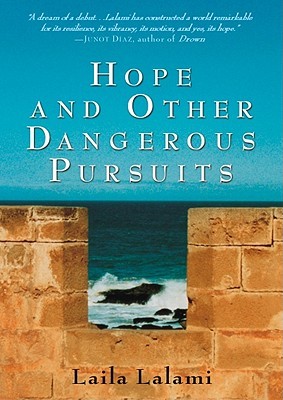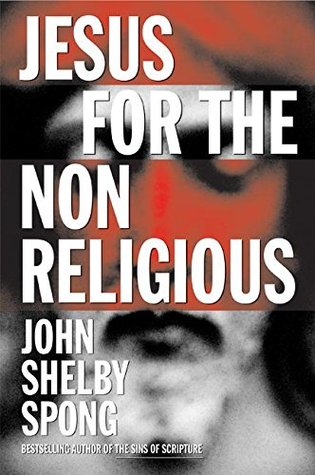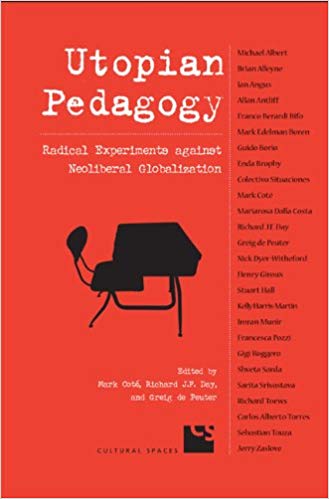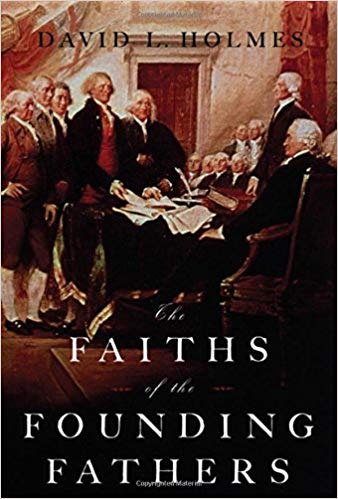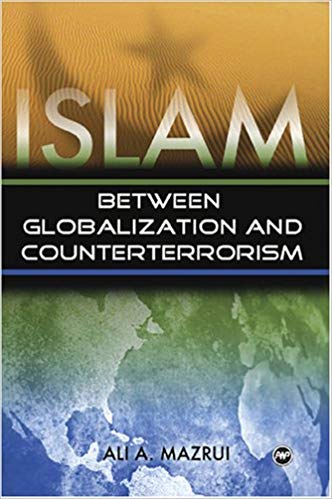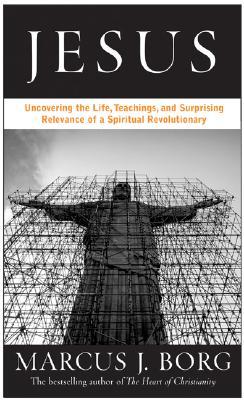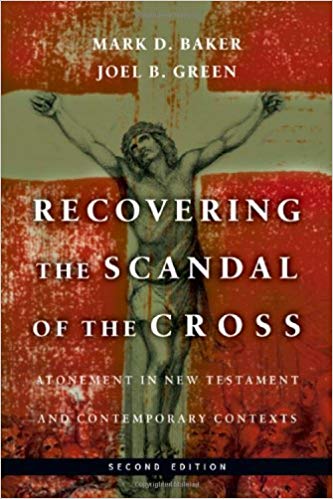Clear Heart Open Mind is a reflection on the Tibetan meditative practice of Chenresig. Those who follow my blog or are aware of my sometimes hyper-rational predilections may wonder why I’m reviewing a book about mystical practices. I beg your indulgence.
Tag: Books
Fundamentalism(s) In America
The election of Barack Obama has been accompanied by a mood of optimism: America (and the whole world for that matter) might at last enjoy some respite from the reactionary politics of George W. Bush and his caterwauling coterie on the extreme right.
The End of Faith, by Sam Harris
While conservative Christians are hostile towards atheists, Harris laces his book with such invective against Islam and reaches such extreme conclusions that there must be at least a few Fundie preachers who take secret delight in his writing.
Bully at a Book Sale
I’m an incorrigible bibliophile. Although it’s an awful-sounding disease, its worst symptom is a compulsive desire to attend used book sales and a subsequent need for more shelves. As with allergy sufferers, autumn can be a difficult time of year. The challenge is a gauntlet of book sales sponsored by colleges of the University of Toronto.
The Glorious Appearing
I tried. I really did. In my continuing quest to plumb the mind of the fundamentalist evangelical Christian (FEC for short), I tried to read Glorious Appearing, the 12th and final installment of the Left Behind series by Tim LaHaye and Jerry B. Jenkins.
Thoughts from Gilead by Marilynne Robinson
I finally got around to reading Marilynne Robinson’s Pulitzer winning second novel, Gilead. I think she will forgive me for taking so long, since she herself has no particular regard for the passage of time. It has been more than twenty odd years since the publication of her first novel, Housekeeping. And the prose itself proceeds in a way that is more aligned with things timeless than with things urgent.
A Short History of Tractors in Ukrainian, by Marina Lewychka
Two middle–aged sisters with families of their own are suddenly faced with the challenge of an aging father who is determined to marry a thirty–something woman from his native Ukraine.
Hope and Other Dangerous Pursuits, by Laila Lalami
This is the first novel of Laila Lalami and it created something of a splash when it was published two years ago. It is a little book, well–crafted and worth reading. Clearly Lalami has literary aspirations and clearly too she has the potential to write bigger pieces of fiction in the future. I hope the world can give her the space to do that.
Cage Match: Spong vs his (credible) detractors
In light of the recent publication of John Shelby Spong’s Jesus for the Non-Religious, I thought it might be fruitful to revisit some of the debates which Spong’s work has provoked.
Utopian Pedagogy: Radical Experiments against Neoliberal Globalization
Published by the University of Toronto Press, this collection of essays and interviews considers pedagogy in the context of higher learning. The University of Toronto”s official motto is “velut arbor aevo,” a snippet from a poem by Horace which suggests the image of a tree filling out and taking root.
The Faiths of the Founding Fathers, by David L. Holmes
We are victims of the Chinese curse. We live in interesting times—or at least polarized times. Differing opinions have gravitated to the poles of a left–right axis, first in politics, then bleeding over into our religious discourse until, at least in some public debates, it has become impossible to discern which discursive practice is driving our disputes.
Living Islam Out Loud: American Muslim Women Speak
This is a collection of pieces by Islamic women living in the United States. Their stories reflect a diversity of experience—from growing up within the tradition-laden strictures of immigrant families, to afro-american women who are children and grandchildren of Nation of Islam founders.
Islam: Between Globalization and Counterterrorism, by Ali A. Mazrui
In his book about the emergence of Islam as a global presence, Ali A. Mazrui opens with a question that is apt to raise eyebrows. He begins with the Toynbean theory of challenge and response—in the case of the Roman empire, it failed to find creative responses to the challenge of emergent Christianity.
Marcus Borg, Jesus: Uncovering the Life, Teachings, and Relevance of a Religious Revolutionary
This is a book which should have begun with its epilogue. It is at the end that Marcus Borg makes clear what is at stake for a twenty-first century treatment of the historical Jesus and why it matters.
What the hell is atonement?
Is it just that I’m thick? Or is it that no amount of finesse can rescue atonement from the sin of obscurantism? Nevertheless, having a good guide like this lends clarity to the challenge of addressing some of the most problematic strands of thinking in 21st century Christianity.
